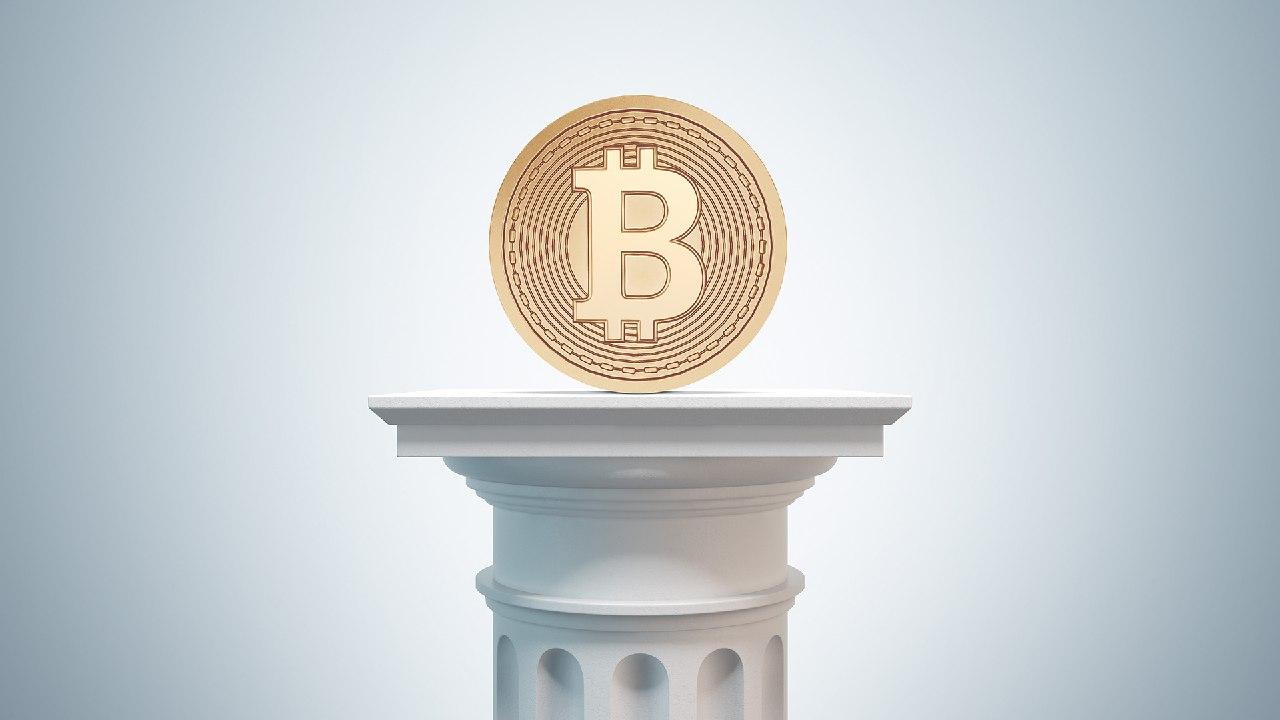Market failures require government intervention.
This has been the most widely adopted opinion by most people. Because in a crashing market people making decisions and investments solely in the interest of their own good, affects the masses and the government is expected to intervene and cushion its effect. The most recent example of a global market crash is the Great Recession of 2008.
A market crash, academically, is an economic term that encompasses a situation in which there is a large discrepancy between the rate of supply and the amount of demand for a product. Or, in other words, when the quantity of a product is much lesser than the demand for a product, that particular market crashes, or fails. The usual plan of action after a market crash is that the government intervenes, in the capacity of a moderator and fixes the problem.
This intervention of the government into the economic functioning of a nation is the cornerstone of all debates between economists and political scientists. While major government proponents believe that it is the government’s place to intervene, a new school of thought has risen to the effect of autonomy of markets from the reigning government. The new school thinkers believe that allowing governments to make decisions creates a power vacuum for the rest of players involved because it places the entire power in the government’s hand. Which in turn, they believe, leads to misappropriation of funds, projects and asset which further lead to corrupt projects with inflated budgets and schemes. And they think the use of blockchain technology is the answer.
But before we get into how blockchain could become the solution, let’s understand what are the main causes of market failures and what governments do to curb them.
Common Causes of Market Failure
Monopolies: A monopoly is when a company or supplier has exclusive control over production and sales of a certain widely used good. This usually happens when there are only a handful, if not just one, supplier that is available.
The problem with this is that there is no example that their product can be judged in comparison to and there is no equilibrium that the stated price can be matched to. Since it is a commodity that is in demand, what the monopolist states become fact. And the monopolist holds the controls to create scarcity in the market as and when it pleases their interests.
Externalities: All products in the market have a certain amount of effect on each other. In economics, these effects are classified into two types; positive and negative externalities.
Positive externalities, obviously, as the name suggests is a positive effect that a product has on, say something like the environment. A negative one is when there is an exploitation of a particular party due to oppression or even weak laws protecting them against it.
One of the easiest examples of negative externalities is that of pollution. It is a product of the combined ignorance of consumers and suppliers to the environment. And since there are very few laws protecting the air that we breathe, there is no accountability that can be imposed on people.
Asymmetric Information: The entire concept of one party being stronger or more influential than another came about because the stronger party usually knew more about a situation that the other concerned parties.
Which is another economic phenomenon.. When the seller has more information than the buyer, he or she automatically has more control over the sale of their product. This also infringes into the domain of withholding crucial information that may make or break a sale or proposal.
This is one of the main reasons for market failure and crashes because there is a certain amount of freedom that transparency gives suppliers that is totally taken away when asymmetric information share happens and there are a lot of companies and suppliers that stage-manage their interactions with the consumers and use this to their advantage.
How Can The Blockchain Help?
A small group of people now believe that the use of Blockchain technology can reduce the occurrence of market crashes, if not eradicate it entirely. They believe that using the Blockchain will ensure more freedom, transparency, efficiency and curb scarcity. And here’s how.
Monopolies: Monopolies seldom occur naturally. They are created by the monopolist with or without the help of the government. To create a monopoly, the producer either has to outclass the other suppliers in the market or create some sort of barrier between themselves and others that prohibit them from entering the market. And more often than not, monopolies are helped by government regulations.
This is something that can be curbed by the blockchain because one of the most important features of blockchain is the fact that it offers a certain amount of transparency and has literally no regulation. Incorporating the blockchain will curb government created monopolies because it has no regulations that it needs to follow.
If you’re a business that currently integrates blockchain, you might want to consider services like OpenLedger. The blockchain services by OpenLedger are used by companies in various sectors (Real Estate, Healthcare, etc) so get in touch with them for more details.
Asymmetric Information: Though the blockchain boasts of the anonymity it offers its users, it is actually one of the most open technologies out there. This is because there is a clearly mapped outflow of where what information is going when.
And so, the entire possibility of asymmetric information share is shot down by its use because everything that needs to be known and everything that can be known, can be accessed by all concerned parties as and when they please.
Negative Externalities: Experts believe that exploitation occurs when there is no hard law against it. They say that exploitation is a by-product of weakly framed laws or the lack thereof any.
The most common example of this is the natural resources that are available to us. There is no measure of how each individual is affecting it and there is no way of making these individuals accountable for it.
Liberals believe that adopting blockchain technology in terms of resources can help make people more accountable to their emissions by allowing environmentalists and governments buy rights to the air we breathe and the water we drink and in turn charge exploiters.
Markets so far, apart from the occasional crashes, are doing consistently well. But people believe that the adoption of blockchain technology in governance and financial markets will help them do better. They believe that more transparency will give consumers more of a say in the production and design of products and more freedom to decide whether or not something works for them.
The flipside of adopting blockchain technology for financial purposes is that the existing mechanism and protocols will have to fall. And that in itself could take a decade’s worth of discussing, understanding, planning and implementing.
Will the use of blockchain put more power in the hands of the consumer? Yes. Will the use of blockchain make it easier to assess markets and their trends? Yes. But will governments and legacy market makers be open to scrapping a well-oiled machine that has been in play for decades now, is something only time will tell.
Must Read – Bakkt : What is it all about?

Hitesh Malviya is the Founder of ItsBlockchain. He is one of the most early adopters of blockchain & cryptocurrency enthusiast in India. After being into space for a few years, he started IBC in 2016 to help other early adopters learn about the technology.
Before IBC, Hitesh has founded 4 companies in the cyber security & IT space.
Subscribe to get notified on latest posts.






























